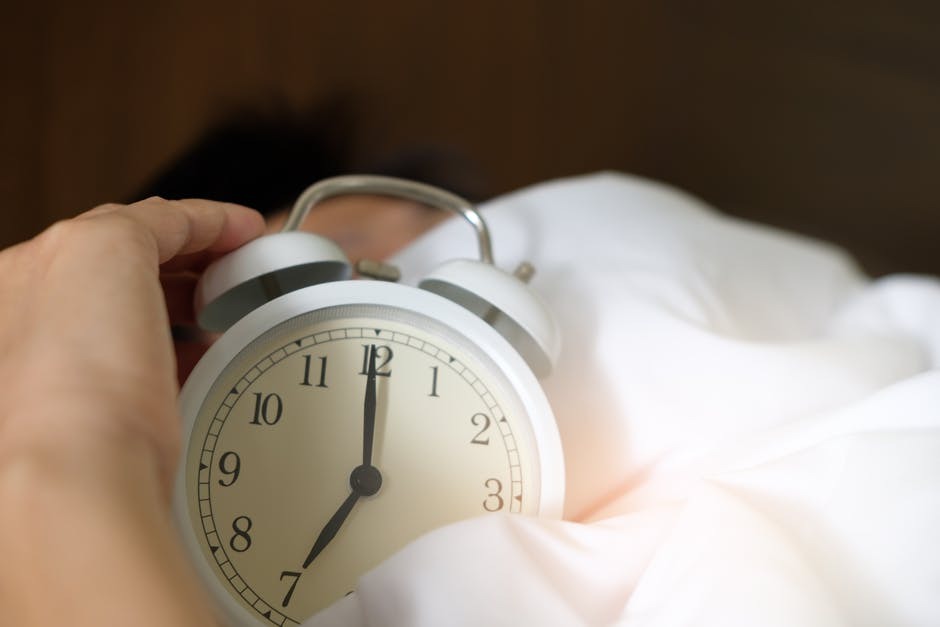 Sleep is essential for everyone in order to live a well-balanced life. When you are in recovery, taking care and maintaining proper sleep hygiene is imperative to your well-being and avoiding relapse. You spend approximately one-third of your life asleep, making it crucial to get the quality sleep that matches your needs.
Sleep is essential for everyone in order to live a well-balanced life. When you are in recovery, taking care and maintaining proper sleep hygiene is imperative to your well-being and avoiding relapse. You spend approximately one-third of your life asleep, making it crucial to get the quality sleep that matches your needs.
There are multiple stages of sleep, each providing a different form of rest. In addition, there is a neurochemical component to sleep, which can impact your brain and mood health. According to the National Institute of Neurological Disorders and Stroke, sleep can help prevent various ailments, including high blood pressure, cardiovascular disease, diabetes, depression, and obesity. The most important thing to remember is that sleep is essential to your well-being.
The Stages of Sleep
There are five stages of sleep; each stage provides specific healing for your brain and body. You need all five stages to feel rested when you awaken. You may be unconscious, but your body is still working hard to take care of you.
During the five stages, you will experience differences in heart and breathing rates. Your body is healing itself or helping you avoid sickness by producing cytokines to boost your immune system. Your brain is also processing what happened during the day, processing the information, helping you learn, and forming memories. This is why getting a good night’s rest before a big performance, an important exam, or another event is essential.
Sleep Disorders and Deprivation
Sleeping is critical to your well-being, as much as a healthy diet and exercise. Sleep deprivation and deficiency result from behaviors and not cycling through all the stages of sleep. Each stage is necessary to your well-being. If you sleep at the wrong time of day, you are out of sync with the natural rhythm of sleep and may not sleep as well. Sleep disorders can wreak havoc on your life and many times require treatment. Some sleep disorders involve insomnia or can include breathing problems.
Insomnia can be treated with a doctor’s help, usually through medication or lessons in meditation and proper wind-down techniques. You do not want to stay on your sleeping medicines for too long as it may lead to dependence and an inability to sleep without the medication.
Breathing problems during sleep are usually diagnosed through a sleep study. Treatment may require the use of machines to help maintain oxygen levels while you sleep. Many people struggle with the noise of these machines at the beginning but grow used to them and begin having an excellent sleep and waking up refreshed.
Getting Better Sleep
How does one get better sleep? Taking the time to wind down every night before bed. Stopping the use of electronics an hour or two before bed will relax your brain because you will be avoiding the blue light found on your phone or tablet. You might also use a sound machine to help you relax with nature sounds or soothing music.
Another behavior to consider to help you get better sleep is your eating patterns. Doctors recommend that you not eat approximately one to two hours before bed. This ensures your stomach is no longer busy digesting your food, and your body can focus on its recovery needs as you sleep.
How Much Sleep Does One Need?
Sleep needs vary by age and stage in your life. Children may need nine hours, teens eight to ten, but adults have varying needs. Some adults require as few as seven hours, but others require more of that blessed rest called sleep. Getting enough sleep is critical to your functioning, so make sure you provide yourself with enough time to get that quality sleep.
Provide yourself with enough time to wind down and sleep long enough to fill your sleeping needs. You do not want to go without enough sleep. Going without enough sleep can impair your thinking and daily functioning. It is also important to remember that you can never “catch up” on your sleep. You need adequate sleep every night.
Keeping Focus
Staying focused on your day-to-day responsibilities requires sleep. Getting proper sleep can be difficult but must still be a focus for your well-being. Part of self-care is quality sleep. When you examine your needs for sleep, examine behaviors that get in the way of your sleep and make changes to your routine before bed to help ensure a good night’s rest. If you have persistent sleep problems, contact a physician for help. Going without sleep is unhealthy; try to practice healthy sleep habits and experience healing.
Learning how much sleep your body needs does not have to be complicated. Balancing your sleep and wake cycle might seem overwhelming, but it is possible. At The Guest House, we take time to help each of our clients develop their self-care skills, so they can maintain good well-being after they leave. However, if you or someone you know is struggling with sleep problems related to a mental health disorder or substance abuse, we can help. You do not have to struggle any longer. We offer our Alumni Program for people who have been through our facility. For those just beginning the recovery process, we provide a wide variety of programs aimed at helping you become your best self through integrative care. We know you have the ability to recover. Contact us at The Guest House by calling (855) 483-7800 and learn how we can help you become your best self. You deserve it.